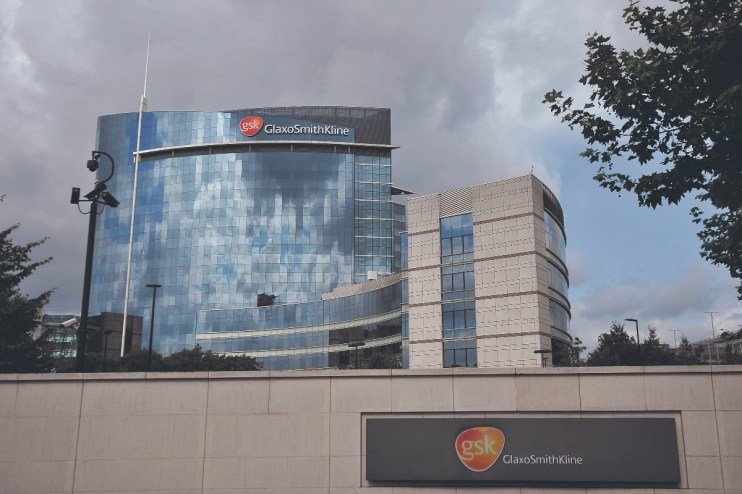FTSE 100 pharma giant GSK kicks off Zantac appeal as company seeks to limit damages

GSK announced today that it has taken the first steps to appeal the Delaware Superior Court’s recent so-called Daubert ruling over its allegedly carcinogenic heartburn treatment Zantac.
The ruling, handed down two weeks ago by Judge Vivian Medinilla, stated that scientific evidence presented by lawyers in more than 70,000 cases was admissible, an outcome GSK and its peers had been seeking to block.
In 2022, Morgan Stanley analysts estimated the industry’s potential liability figure at up to $45bn (£35.3bn).
Since then, analysts have refined their estimates as cases have moved through the courts.
After the Delaware ruling, Citi issued a note putting GSK’s potential liability for settlement costs at $3bn (£2.4bn).
It noted peer Sanofi had settled 4,000 cases for $100m (£79m) or $25,000 (£19,700) per plaintiff, which could suggest an even lower overall liability of $1.75bn (£1.4bn).
There are currently 70,000 cases in Delaware and 4,000 to 5,000 claims open in California.
GSK has now taken the first steps to appeal the Delaware ruling.
The company said today it had “filed an application with the court to appeal to the Delaware Supreme Court for interlocutory review of the decision.” Its peers, Pfizer, Sanofi, and Boehringer Ingelheim, all of which have exposure to Zantac liabilities, are parties to the application.
The company said it believes it’s important to raise the issue to the higher court due to the “exceptional circumstances” of the ruling.
The company’s press release added: “The Superior Court’s ruling is inconsistent with how the Daubert standard has been applied previously in Delaware and federal courts.
As such, differing rulings interpreting how the Daubert standard is to be applied to litigation before Delaware Courts, now exist. The Superior Court’s ruling would therefore have profound implications for all companies and businesses incorporated in Delaware.”
GSK added “A decision, on whether to grant interlocutory review and hear the appeal, would be expected from the Delaware Supreme Court sometime later this year.”
Following the 16 epidemiological studies looking at human data regarding the use of ranitidine, the scientific consensus is that there is no consistent or reliable evidence that ranitidine increases the risk of any cancer, GSK remarked.
